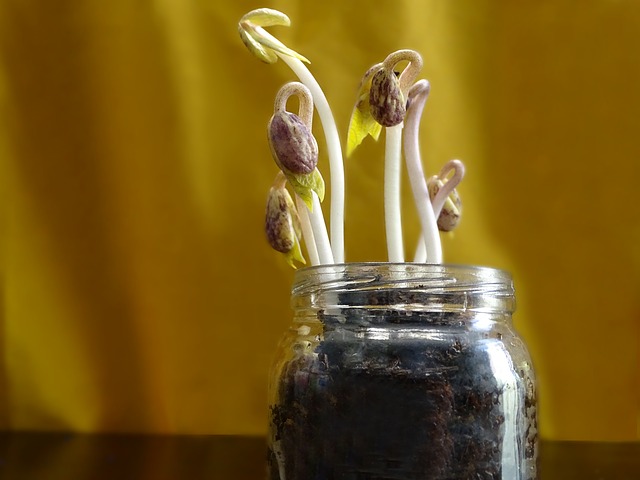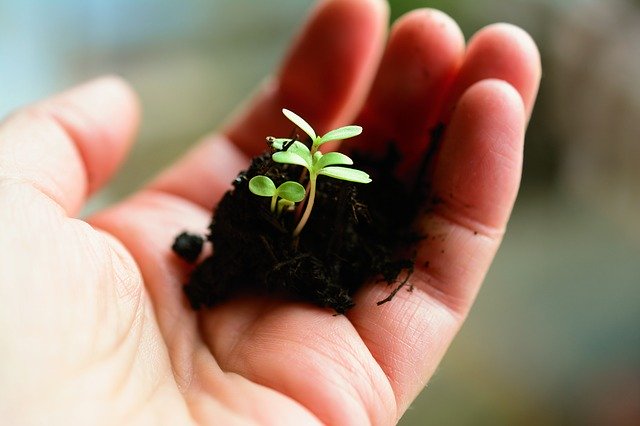Germination tests are mainly conducted on seeds whose age is not really known. Here, mainly, we are talking about seeds that we ourselves have grown, harvested, properly dried and well preserved in conditions suitable for the entire period of rest of the vegetation. Seeds purchased and in their original packaging for the specified period of use are guaranteed continuous seasonal germination. The decision on germination is justified for our seeds and for those whose sowing period has expired. Then, if germination decreases, new crops will be needed, resulting in reduced yields and slower harvest times. For germination test, we will separate random samples of 10-150 large seeds such as peas, beans, sunflowers and corn, and 30-100 small seeds such as onions, cucumbers, lettuce and chives.It should be taken care to germinate in the dark. You also need to know that peppers, spinach and root vegetables germinate only after 20 days.
Calculate the germination rate
This is the number of seeds sprouted, the number of seeds sprouted divided by the number of all seeds inserted, multiplied by the stem. For good germination, we can consider the result of 80-90% germination.
Germination activity
This means comparing its differences in germination stages or determining the percentage of germinated seeds over time. But it should be noted that the seeds of some plants, for example, parsley and even carrots, contain substances that delay germination. What is the solution?Before controlling seed germination with these substances, soak several times in water. The test is carried out by placing the deducted seeds on newsprint, moistening and closing them so that they are still in a moist environment. During germination, water it if necessary. You can also put the seeds on paper and put a small glass plastic on it. What is the temperature? For the germination of most seeds, it is best to use a temperature of 20 ° C, and after a few days it is possible to count the seeds that have sprouted.